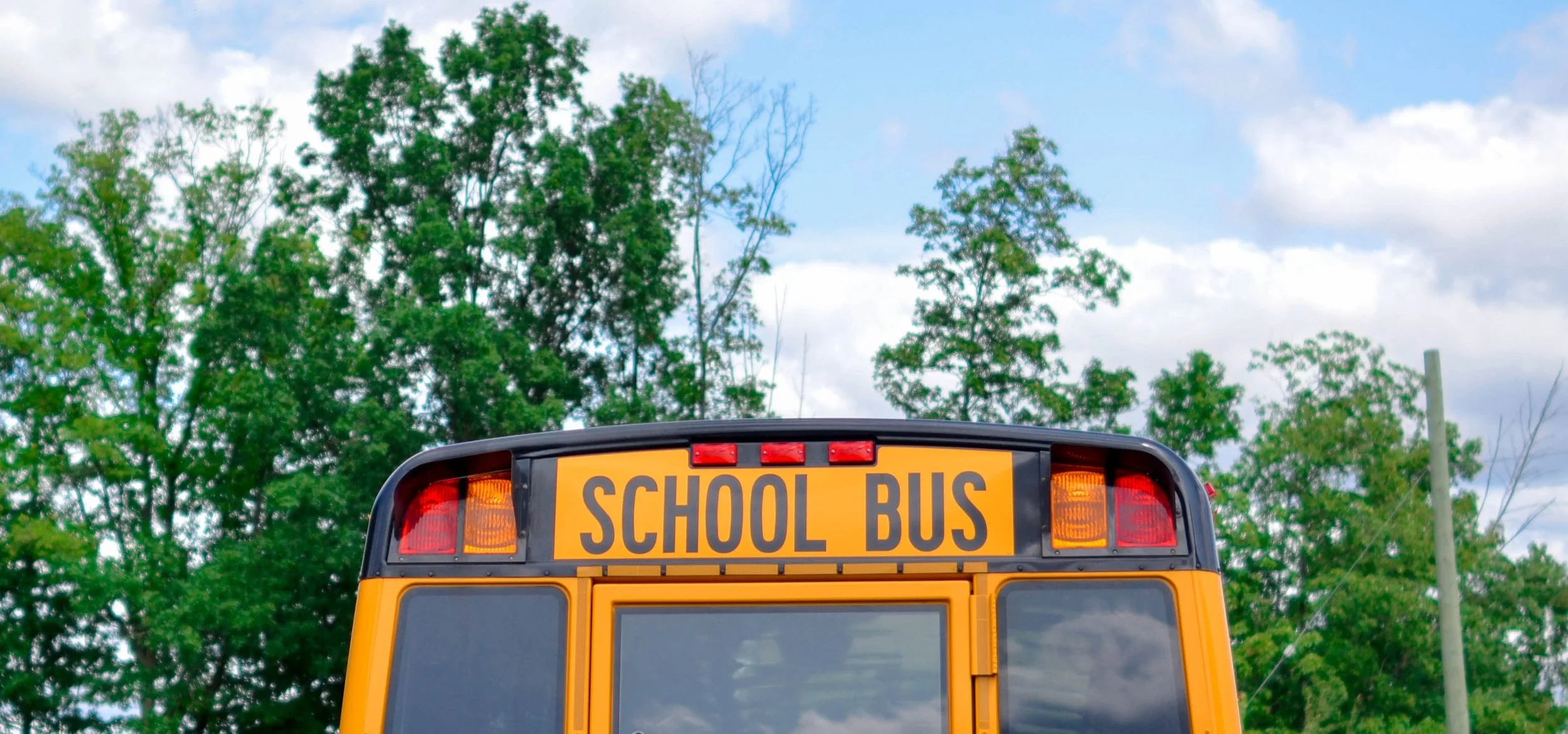by The Good Project Team
It’s that time of year again when many students on Northern Hemisphere schedules are going back to school after a summer break. The start of the academic year brings with it new routines, opportunities, and pressures for teachers, young people, and families. Whether you’re working behind the scenes to prepare your classroom, wondering about how best to support your child through the transition, or moving on to new education adventures yourself, we wish you the best of luck with the start of the new academic year.
Here are five articles that have recently come across our desks that might be of interest, especially in this time of transition.
4 Ways to Start Connecting With Students in the First Week Back
This research-based video from Edutopia focuses on the importance of building strong relationships and asking students to be metacognitive about their worries and needs at the beginning of the school year. A classroom that is welcoming and reflective of students’ own experiences and backgrounds, as well as shared classroom responsibilities, can enable young people to feel connected and seen.
How to invite introverted students to share their thinking in class
While extroverts may thrive by getting energy from traditional forms of participation in a classroom, like talking in front of groups, introverts may feel drained or want to avoid raising their hands. This quick NPR broadcast spotlights one teacher who has tried to implement more introvert-friendly modes of participation in his ninth-grade classroom, such as prioritizing partner/small group sharing.
University Departures Put Student Journalists in Spotlight
Young journalists have been in the spotlight recently as college newspapers have brought down prominent figures. As described by The New York Times, Theo Baker, a Stanford student reporter, amplified claims that Stanford’s president had forged research data. Baker’s actions exemplify “good work” in action by standing up for what is ethical, even when it might be hard (Baker was reportedly threatened with legal action).
AI Can Make Education More Personal (Yes, Really)
Much of the coverage of AI tools like ChatGPT has focused on their disruptive capabilities that threaten to make traditional educational tasks like writing essays or work tasks like writing code obsolete. However, an EducationWeek op-ed argues that AI technology can free up time for teachers to build more meaningful student relationships and also provide real-time, personalized feedback that will prepare teachers for success.
How to Help Kids Become Skilled Citizens
The Harvard Graduate School of Education’s Usable Knowledge published the results of research into the capacities needed for good citizens, finding that experts and non-experts discussed the most critical aspects of citizenship as “political engagement, interpersonal tasks, building an informed community, and volunteering.” For educators, there are big and small ways to embed experiences into schools to encourage students to be engaged citizens in their communities.

